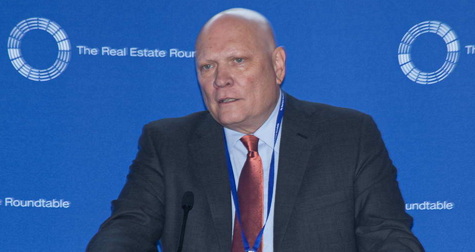
Roundtable President and CEO Jeffrey DeBoer, above, issued a statement today on gun violence in America.
# # #
 The “Healthy Workplaces Coalition” launched this week with the backing of The Real Estate Roundtable to support federal policies that promote health and safety in offices and other work environments. (Coalition news release and 1-pager, May 25)
Roundtable Support
The “Healthy Workplaces Coalition” launched this week with the backing of The Real Estate Roundtable to support federal policies that promote health and safety in offices and other work environments. (Coalition news release and 1-pager, May 25)
Roundtable Support
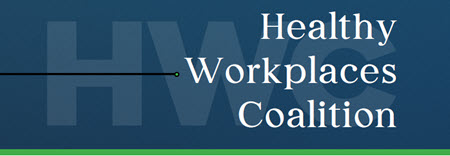
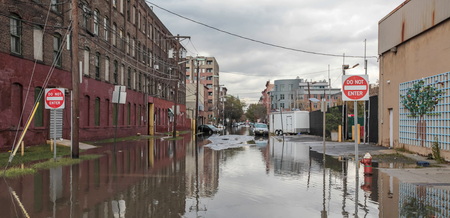
The House Subcommittee on Housing, Community Development, and Insurance held a hearing on May 25 to address the reauthorization and reform of the National Flood Insurance Program (NFIP). Funding for the program is set to expire on Sept. 30 if reauthorization is not passed by Congress. (Hearing Webcast and Committee Memorandum)
The Roundtable View

Congress will face the possibility of yet another NFIP funding extension before September 30 if policymakers cannot agree on reforming the program through legislation.
# # #
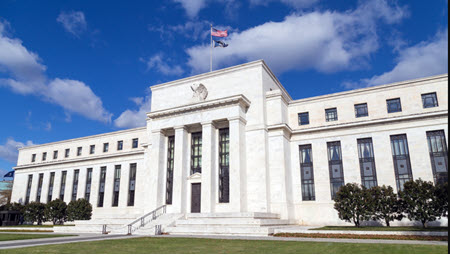
A report published this week by the Dallas Fed concludes that the Federal Reserve’s Term Asset-Backed Loan Facility (TALF) played a key role in bolstering commercial real estate finance during the pandemic. The Federal Reserve added outstanding CMBS as eligible collateral for lending through the TALF in 2020 after urgent requests from business coalitions that included The Real Estate Roundtable. (Roundtable Weekly, April 17, 2020 and Joint Trades letter, March 24, 2020)
TALF & CRE
TALF Lessons
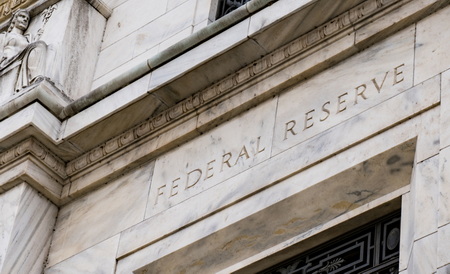
The report published this week concludes the TALF proved especially important in supporting commercial real estate finance. “The TALF program structure provided needed liquidity to investors at the height of the pandemic, but it incentivized borrowers to exit as normal market conditions returned, allowing the program to quickly unwind,” the article states.
# # #